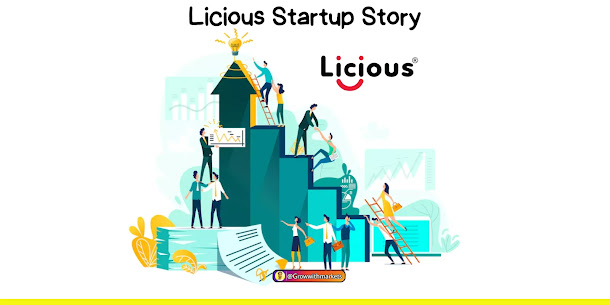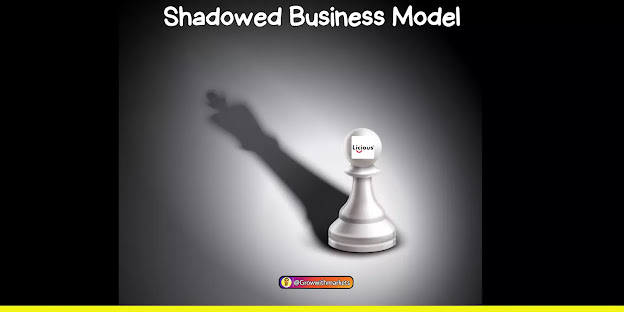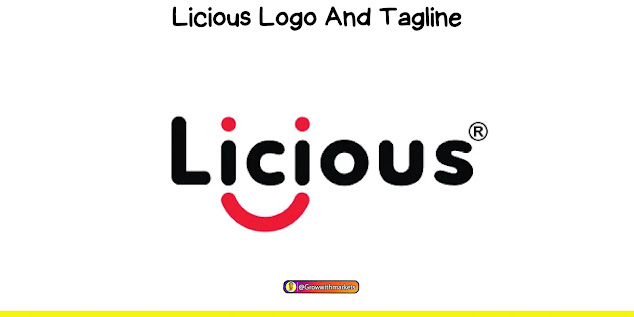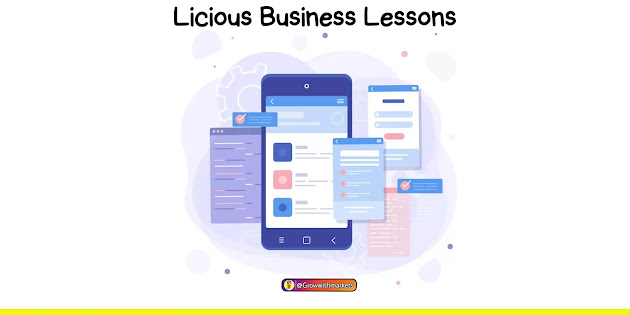If you are a non-vegetarian lover, then you must have heard of licious. Today, after delivering more than 2 million orders per month, licious became the first P2C (peer-to-consumer) company to attain Unicorn Status, with its evaluation crossing $1 billion.
An investment broker and investment banker without in-depth knowledge of the meat industry built india's largest meat brand. There are some business lessons we can learn and implement in our own businesses.
Company Details
| City: | Bengaluru |
|---|---|
| Founders: | Abhay Hanjura, Vivek Gupta |
| Founded: | 2015 |
| Industries: | Delivery Service, E-Commerce, Food and Beverage, Food Delivery |
| Number of employees: | 1001-5000 |
| Revenue: | Rs 682.6 cr (FY22) |
| Official Website: | licious.in |
Licious Business Model
The story begins when Abhay Hanjura and Vivek Gupta used to meet regularly for meals. Both were non-vegetarian lovers and once discussed the idea of selling meat online.
At first, they delivered the meat themselves, but soon realized that it wasn't working as customers weren't coming and cash was burning on a daily basis.
Read More: Mensa's Business Model
They decided to shut down the business, but abhay told vivek to try one more time, with the thought that something great might happen.
With this thought, they re-entered the market. The founder realized that after spending a lot of money, if customers weren't coming, then it had something to do with their business process.
From here, everything changed for licious.
But the Question Comes What Did They Do That a Meat Selling Company is a Billion Dollar Brand ?
Abhay and Vivek Identified a Gap in the Market and Used Three Simple Business Strategies to Fill It.
After researching, they found that india has the world's second-largest population but only 68% of its people are non-vegetarian. The $30 billion meat industry in india was completely unorganized.
After identifying two critical problems in the meat industry, abhay and vivek designed their first business strategy, which was a "Predictable Experience."
When they researched, they discovered two things about the Meat Market
- Dependency: In india, most people rely on local market shops for their needs.
- Quality: Quality is a concern as there is a risk of contamination or steroid growth in the meat that is sourced from uncertain sources.
Interestingly When They Talked to Consumers , People Want to Solve This 2 Problems
However, due to limited options, people often resort to buying meat from wet markets. To address this issue, Licious has been delivering quality meat within 2 hours to customers since day one. With its commitment to quality.
Licious has created a strong value proposition and predictable customer experience, ensuring that customers receive quality meat within 2 hours of placing their order.
But, when they started they made 2 big mistakes.
Shadowed Business Model
They Both Started Business but Had No Structured Business Model
Both Knew That They Wanted to Deliver Quality Meat but How ?
Licious had not established any processes for its operations, which resulted in a high risk of failure. Although they promised a 2 hour Delivery Service, they did not have a plan in place for fulfilling this promise.
This resulted in late deliveries, causing customer attrition during the first 4 months. However, Licious was able to overcome this challenge and introduce its legendary business model to the market, but only after correcting its mistake.
Farm Fork Model
In simple words , getting the complete value in chain the business, now this very carefully value chain something looks like this.
In every business , there are some Primary Activity and some Secondary Activities. These activities are majorly included in primary activities.
Primary Activity
- Inbound Logistics: Arrival of Raw Material 5.23
- Operations: Working on the Raw Material.
- Outbound Logistics: to Send Produced in the Market.
- Marketing and Sales: You Sold Product in the Market
- Service: You Sold the Product but You Also Have Service to the Customer .
Secondary Activities
- Firm Infrastructure
- Human Resource Management
- Technology Development
- Procurement: From where you bring your goods and at what cost After combining both primary and secondary activities, a business value chain is formed.
Process
- No Black Polythene: No meat comes packed in black polythene , always packed in white transparent packets.
- Vacuum: Due to this meat doesn't expire fast , when they are packed then they are out for delivery.
Licious Logo And Tagline
GAS (General Adaptation System)
Licious Business Lessons
What Is Licious?
Licious is a Bangalore-based e-commerce startup that operates an online meat and seafood ordering and delivery platform.
The company was founded in 2015 and has since expanded to operate in several cities across India. Licious offers a variety of high-quality meat and seafood products, including chicken, mutton, fish, and shellfish, that are sourced from local farms and fisheries.
Who is the Owner of Licious?
Licious was co-founded by two entrepreneurs, Abhay Hanjura and Vivek Gupta, in 2015.
Abhay Hanjura had previously co-founded an online marketplace for gardening products, while Vivek Gupta had worked for several years in the technology and finance industries.
Together, they saw an opportunity to revolutionize the meat and seafood industry in India by leveraging technology and a direct-to-consumer model.
Today, Abhay Hanjura and Vivek Gupta serve as the CEO and COO of Licious, respectively.
Well, if you like this post then Subscribe Our Growwithmarkets Youtube Channel for latest videos/posts Here Is Some Latest Videos, thankuuu.....






.webp)





1 Comments
Good Post Krishna Bro..
ReplyDelete